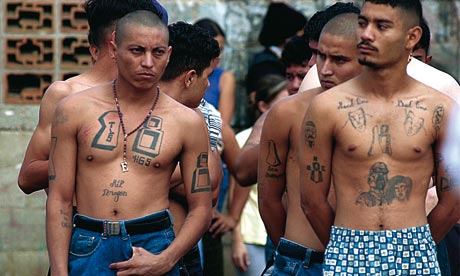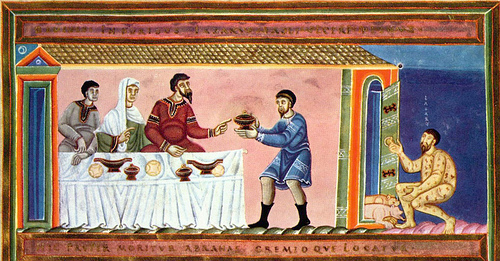Last night I watched an episode of Foyle’s War. The criminal was an English teenager who had watched too many American gangster movies and started to act them out. Ecoterrorists were inspired by Edward Abbey novels. The Sorrows of Young Werther led to a rash of suicides.
I fear that the bombers in Boston may inspire copycats. Two teenagers have paralyzed a major city and have made the international news.
But what can the media do? They can hardly ignore what is going on in Boston. But the more coverage they give, the more likely some alienated teenager is going to get ideas.







